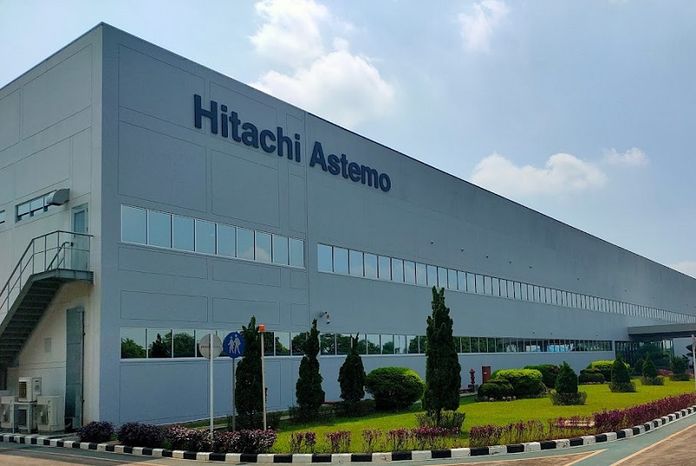© ROOT-NATION.com - Use of content is permitted with a backlink.
GlobalLogic engineers have created the SDV Cloud Framework test platform for Hitachi Astemo, jointly owned by Hitachi and Honda Motor. According to reports, this development by Ukrainian specialists will aid in the creation of future cars, while collaboration on the project strengthens business ties between Ukraine and Japan.
Hitachi Astemo has selected and is currently testing innovative developments by Ukrainian engineers for the next generation of cars. Initially, the integration of driver assistance systems is planned, while the overall project envisages integrating the SDV Cloud Framework based on AWS into the processes of creating and testing various software for cars.

SDV, or Software-Defined Vehicle, is a car in which software updates will expand functional capabilities. Such a solution is needed to continually enhance the driving experience for users.
Today, experts consider SDV technologies as the “future industrial evolution” that could define automotive industry standards over the next decade. It is forecasted that the SDV solutions provider market will double by 2030 (from $236 billion to $411 billion). And the SDV Cloud Framework from Ukrainian engineers at GlobalLogic is currently one of only five ready-made solutions worldwide.

“Utilizing cloud technologies through the SDV Cloud Framework from GlobalLogic leads to a 30% reduction in software implementation costs for our clients and accelerates the development process by 60%,” says Sergey Naida, Senior Vice President of Engineering at GlobalLogic Ukraine. “Such efficiency improvements change the rules of the game, speeding up the development and testing of software solutions in the automotive industry.”
It is noted that among the capabilities of Ukrainian development is the creation of a digital twin of the car or its parts in the cloud. Such an approach will facilitate the creation of comprehensive test models and provide experts with the opportunity to test software components independently of the hardware. In particular, it is expected that cloud-based testing will detect over 90% of software defects. This will significantly increase the speed and efficiency of testing stages and immediately provide engineers with the necessary feedback.
Read also:
- OpenAI will make Sora’s AI video generator publicly available later this year
- Microsoft officially allows you to remove OneDrive from Windows 11


